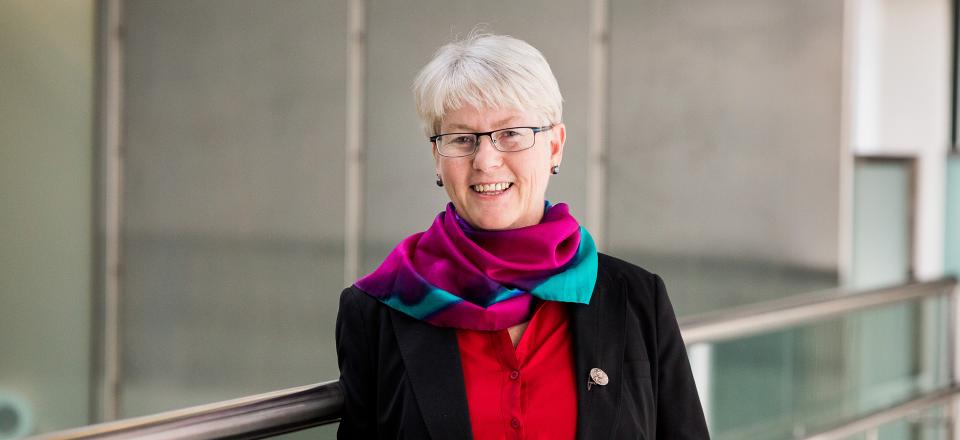Academia and industry join forces against malaria

Professor Leann Tilley and Stanley Cheng Xie from the Bio21 Institute are joining with Takeda Pharmaceuticals in the fight against malarial drug resistance.
With the support of the Global Health Innovative Technology Fund, a Japanese government initiative that co-funds partnerships between the Japanese pharmaceutical industry and academia, Tilley’s team will pursue their finding that a class of anticancer drugs - the proteasome inhibitors - developed by Takeda Pharmaceuticals, also has activity against the malaria parasite. Takeda colleagues will work with the University of Melbourne to find proteasome inhibitors that specifically target the malaria parasite.
Among other things, Takeda, a large Japanese pharmaceutical company with subsidiaries worldwide, are working on anti-cancer drugs that target the proteasome, a kind of intracellular garbage-disposal unit that like a shredder, degrades unwanted and denatured proteins that accumulate in cells.
“Cancer cells are very reliant on their own proteasomes to dispose of all the protein debris that results from the destruction they wreak on cells. It is no surprise that parasites, such as Plasmodium spp. that cause malaria, are also reliant on their proteasomes,” explains Leann Tilley.
Work from Tilleys’ lab shows that proteasome inhibitors have the potential to restore the effectiveness of the world’s leading malaria drug, artemisinin, and its derivatives. In parts of Southeast Asia, malaria drugs are losing their effectiveness, as parasites develop resistance to both artemisinin medications and the “partner” drugs administered alongside them. Taken together they are known as “artemisinin combination therapies” (or ACTs) and are the current gold standard for malaria care.
Professor Leann Tilley and colleagues have been using computer models to demonstrate how resistance can arise to artemisinins. They have tested existing anti-cancer drugs and found that they are very effective against the malaria parasite, but are too toxic to use routinely. So, Tilley and Xie are keen to develop an assay to screen banks of compounds that are known to target the proteasome to try to find a drug that specifically targets malaria.
“We are very excited to be working with Takeda because of their expertise in drug design targeting the proteasome,” say Leann Tilley.
In recent years the Bill and Melinda Gates Foundation and other foundations are co-supporting the Japanese government’s “Global Health Innovative Technology Fund” initiative to solve global health problems and malaria has been named one of the Bill and Melinda Gates’ “Grand Challenge Projects”.
Professor Tilley initially learnt of the opportunity of gaining support through the fund from her communications with “Medicines for Malaria”, an organisation that brokers relationships between academics and pharmaceutical companies working in the field of malaria.
She submitted a grant application and has now begun working to develop an assay to screen the compounds. Stanley Cheng Xie will be travelling to Takeda’s subsidiary in Boston early in next year to begin screening for new anti-malarial compounds.
By Florienne Loder

